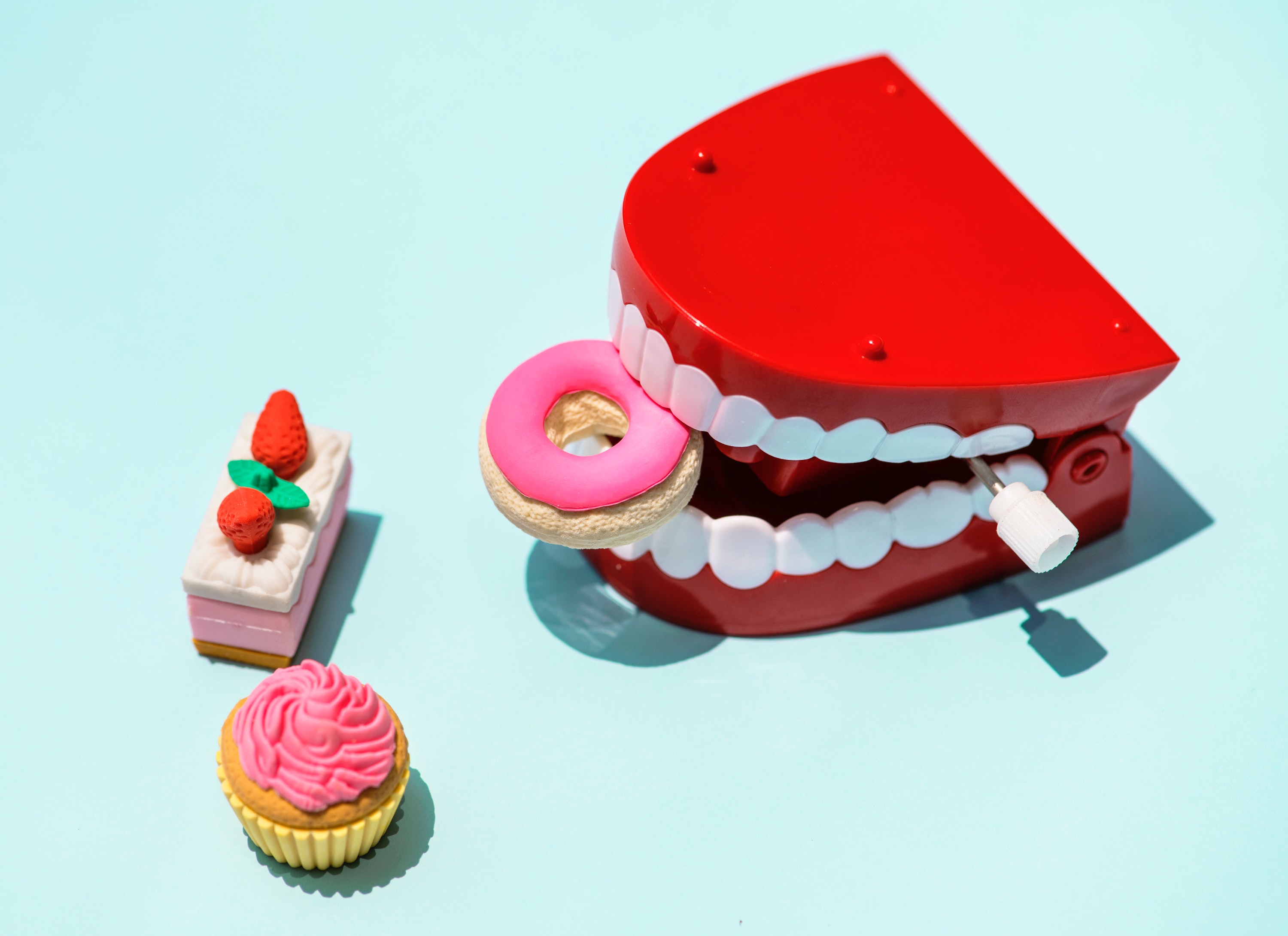A concussion is said to be the most common injury in Australia with more than 3,000 people receiving concussions every year, and that’s just those incurred while playing sport.
It can be a serious injury and, with so many cases, you’re certain to be faced with one at some point. That’s why you need to know how to tell its concussion and what to do about it.
What Is Concussion
Your brain isn’t attached to anything inside your skull. Instead, it is surrounded by a fluid, this is effectively a cushion that protects your head whenever it comes into contact with a hard surface.
However, if the impact is too hard or rapid, the brain will collide with the inside of your skull. This collision is likely to damage the outer brain cells and can even change the chemistry of the brain.
It most commonly happens in contact sports. But, it is also caused by trauma, such as car accidents.
The good news is that, in most cases, the damaged brain cells recover and you continue life as normal. However, if you experience complications you’ll want to see a good neurosurgeon who will check what damage has been caused and how best to treat it.
Symptoms Of Concussion

There is no guarantee you’ll experience all of the following symptoms, it partly depends on the person and the severity of the impact. But, you will see some of these symptoms:
- Temporary loss of consciousness
- Blurry vision
- Nausea
- Headache
- Problems trying to balance
- Feeling confused or disorientated
- A ringing sound in your ears
- Tiredness
- Forgetfulness or an inability to stay focused
In most cases, there will also be a bump on your head, as a result of the injury.
It’s worth noting that the first symptoms will appear very quickly after the trauma. But, more symptoms may not appear until hours or even days later. That’s why anyone who has suffered a head trauma should be monitored for at least 24 hours.
Related Resource: 6 Effective Ways to Improve Your Mental Health
Treating Concussion
In most cases, the brain settles and heals surprisingly quickly by itself. However, if any of the following symptoms are visible then you need to get emergency assistance.
- Seizures
- Vomiting
- Loss of feeling in extremities
- Unusual speech, particularly slurring
- Enlarged pupils
- Initial symptoms appear to be getting worse, not better
The hospital will perform a visual exam to check vision, balance, muscle strength, and whether there has been any nerve damage. They may also ask someone to complete an array of mental tests to check how their problem-solving skills are doing.
Concussion and the extent of the injury will usually be confirmed with a brain scan. This helps the doctors know what they are dealing with and gives a base image that they can check against o ensure the patient is recovering, and not getting worse.
To recover from a concussion the best course of action is to rest physically and mentally for 24 hours. You can then undertake light physical and mental duties. Abstaining from mental activity has been shown to increase recovery time.
Read Also:






















